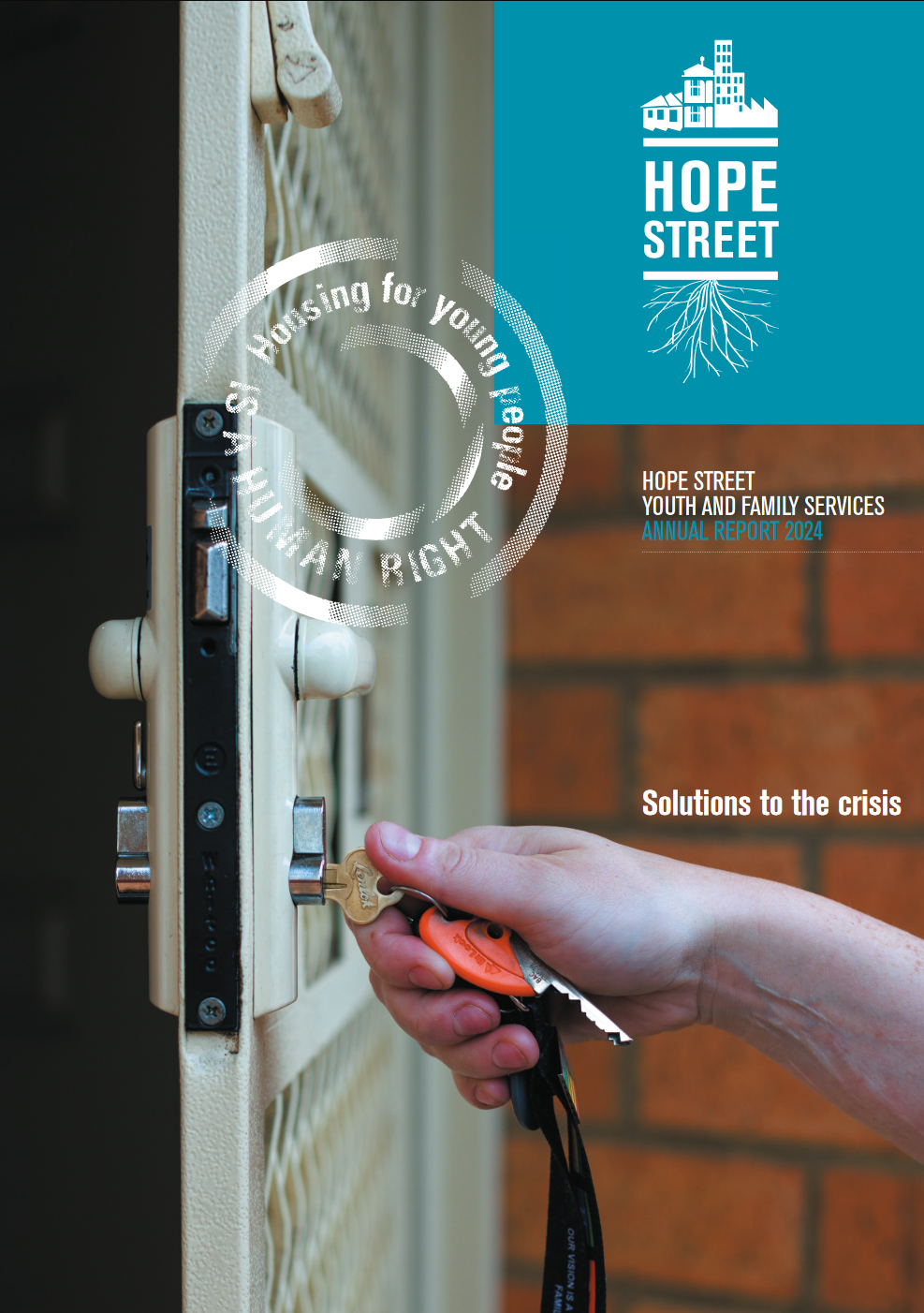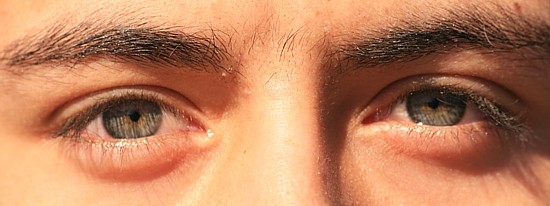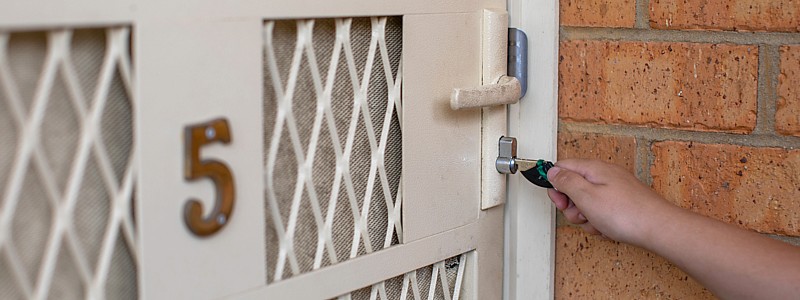Hope Street's Youth Reconciliation Program Practitioner, Louise Maree, says that miscommunication and misinterpretation within families can lead to a young person becoming homeless. In Parity magazine's August 2015 issue she writes about how young people and their families can reconnect.
In my role as the Youth Reconciliation Practitioner at Hope Street Youth and Family Services (Hope Street) I am constantly confronted with the life changing and pervasive negativity family disengagement has on a young person’s existence.
As Fredrich Nietzsche once said ‘You have your way. I have my way. As for the right way, the correct way, and the only way, it does not exist’. This quote encapsulates my professional observations and has enabled me to implement new tools for working with young people and their families enabling them to move from the old paradigm of win-lose conflict outcomes, to win-win solutions and gain a better understanding of varying view points.
Read the full article
Parity magazine, the Council to Homeless Persons’ (CHP) national publication, is published ten times a year and examines homelessness from personal, local, social, national and global perspectives.














